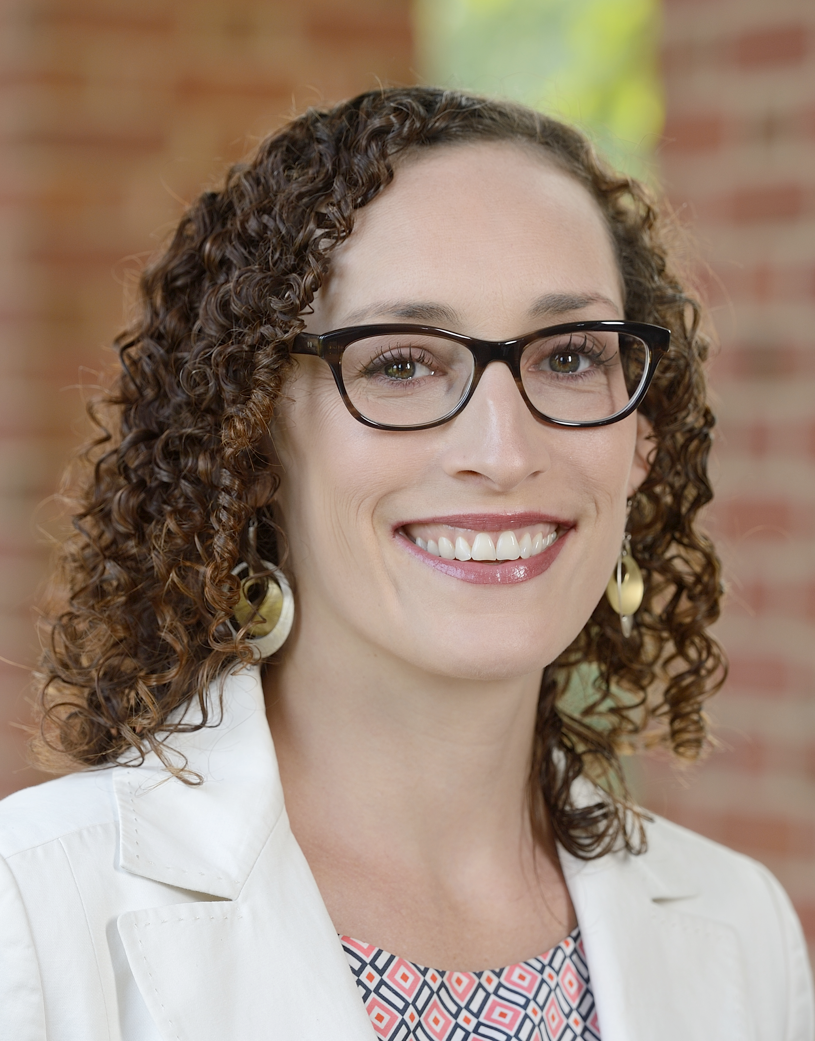Seminar: Police are our government: Thinking through policing’s racial logics and resistance
SEMINAR: Police are our government: Thinking through policing’s racial logics and resistance
Contact with criminal justice has become a primary way that many Americans see and experience government, particularly those from race-class subjugated communities. From broken windows policing in New York to the emergence of the new vagrancy-style banishment laws in urban Seattle to the men who live under constant surveillance in Philadelphia and to the large share of blacks in Ferguson with outstanding warrants for “failure to appear”, these policies and policing regimes have helped remake the government in the eyes of the urban poor.
In this seminar, we will survey key debates around punishment and surveillance, with a particular examination of the ways in which the criminal justice system “makes race.” How does exposure to criminal justice interventions shape political learning, democratic habits, and racial lifeworlds? And finally, we discuss new scholarship that examines political resistance. As police powers advance marginalizing and controlling forms of racial socialization, they also foster insurgent political resistance. Communities regularly engage in collective opposition to policing abuses in their neighborhoods, to processes of criminalization, and to systematic racial injustices in the legal system. Contemporary examples range from the #BlackLivesMatter movement to “no snitch” campaigns to collectively pursuing jury nullification of convictions in drug cases to efforts to become ‘copwise’ and reverse police the police. We will debate several innovative policy ideas and resistance occurring in new protest movements. We consider whether marginalized communities should be held to the same civic obligations of law-abiding behaviour.

Vesla Mae Weaver (Phd, Harvard, Government and Social Policy) is the Bloomberg Distinguished Associate Professor of Political Science and Sociology at Johns Hopkins University and a 2016-17 Andrew Carnegie Fellow. She has contributed to scholarly debates around the persistence of racial inequality, colorism in the United States, the causes and consequences of the dramatic rise in prisons, and the consequences of rising economic polarization. Despite being advised that punishment was not a core concern of political science during her early years as a graduate student, Weaver argued that punishment and surveillance was central to American citizenship in the modern era, played a major role in the post-war expansion of state institutions, was a key aspect of how mostly disadvantaged citizens interact with government, and was a political “frontlash” to make an end-run around civil rights advances. Authoring the first article in nearly two decades on the topic of punishment to be published in her discipline’s top journal, she shortly thereafter published an award-winning book with Amy Lerman, Arresting Citizenship: The Democratic Consequences of American Crime Control, the first large-scale empirical study of what the tectonic shifts in incarceration and policing meant for political and civic life in communities where it was concentrated.
Weaver is also the co-author of Creating a New Racial Order: How Immigration, Multiracialism, Genomics, and the Young Can Remake Race in America (with J. Hochschild and T. Burch). Her research has been supported by fellowships from the Russell Sage Foundation, National Science Foundation, the Ford Foundation, and the Brookings Institution. She has served on the Harvard/NIJ Executive Session on Community Corrections, the APSA Presidential Taskforce on Racial Inequality in the Americas, and the Center for Community Change’s Good Jobs for All initiative and has written in the New York Times, Boston Review, Marshall Project, and Slate. She is at work on a new project that will map patterns of citizenship and governance across cities and neighborhoods called the Faces of American Democracy using an innovative technology that creates digital ‘wormholes’ called Portals.

